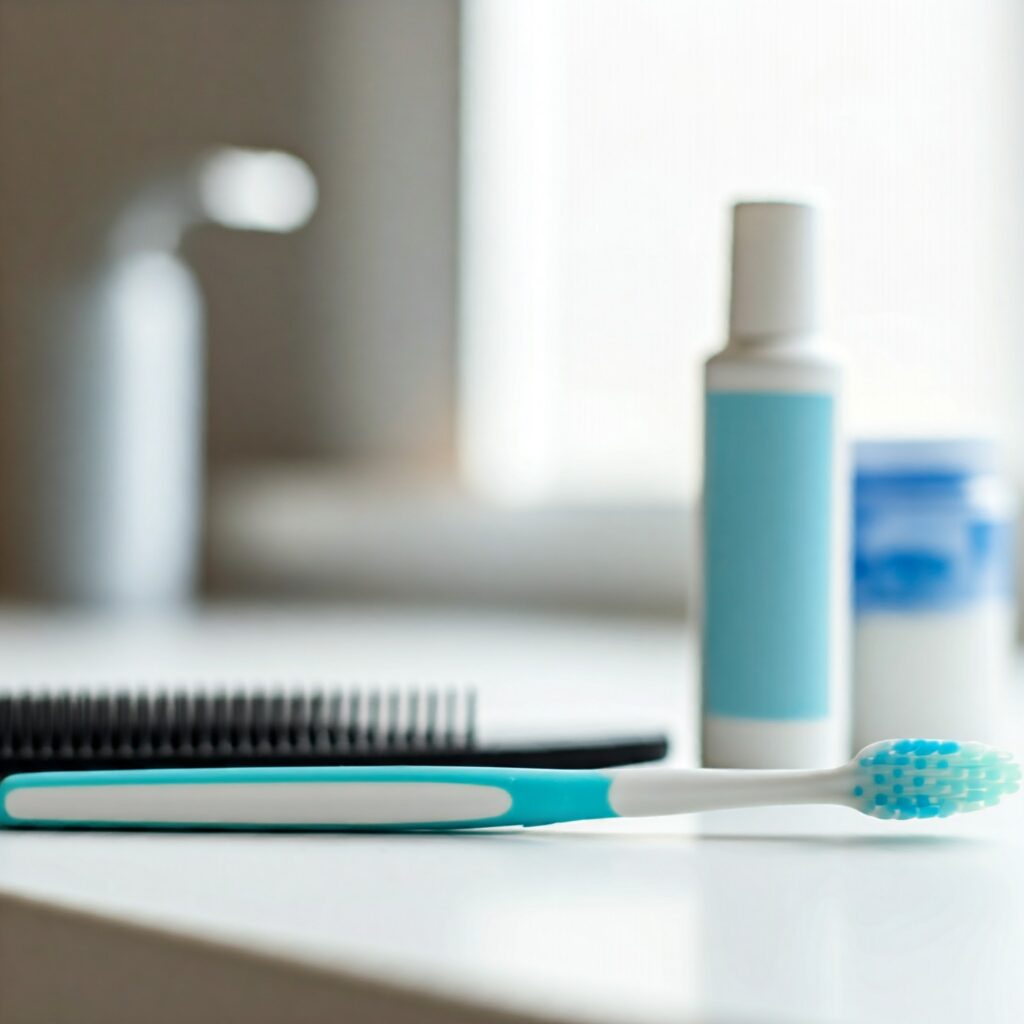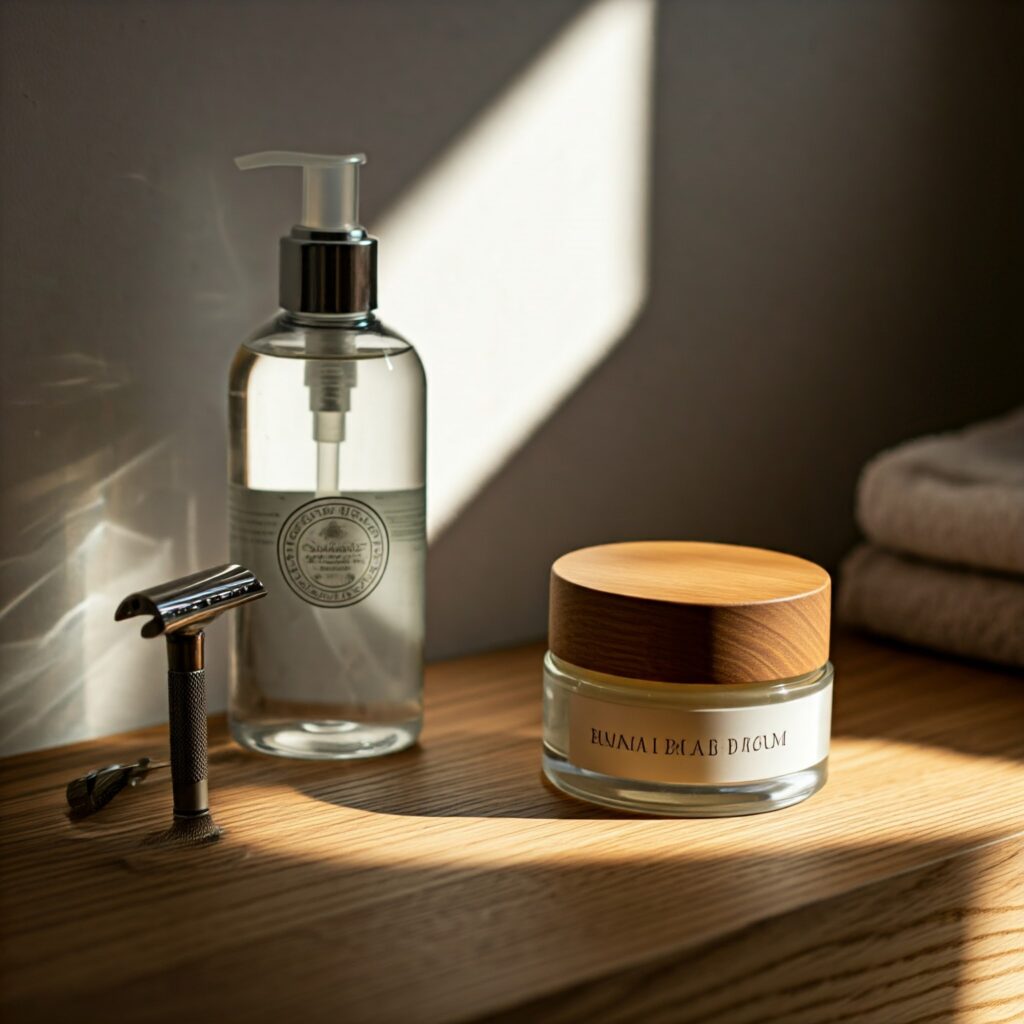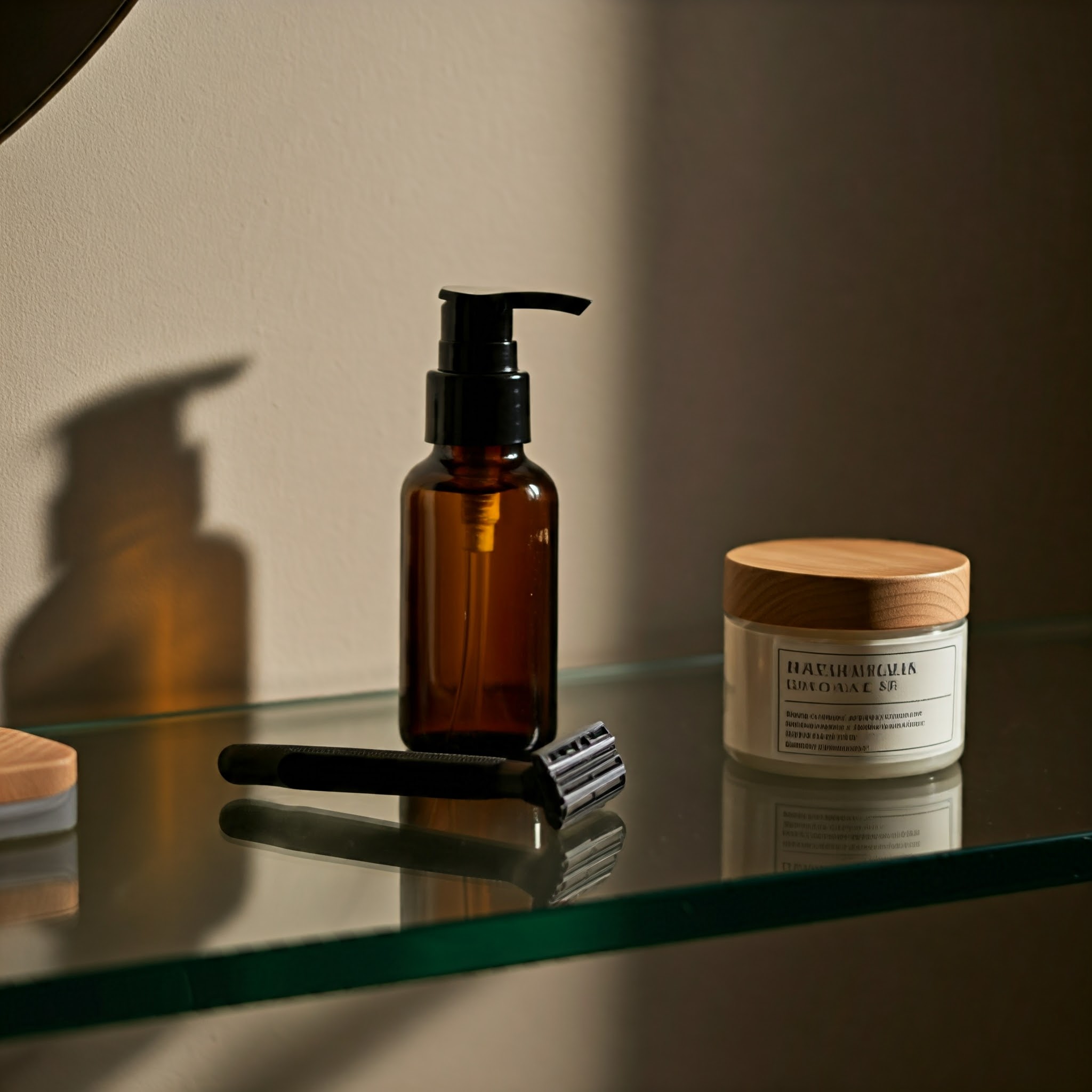Good Personal Hygiene May Help to Develop Positive Self-Esteem.
Discover how personal hygiene habits can help you build positive self-esteem, improve mental health, and create a more fulfilling social and professional life. Simple daily routines can bring you closer to a healthier self-image and a happier, more confident you.
Prioritizing personal hygiene is essential for cultivating positive self-esteem. By practicing good hygiene habits, individuals can enhance their mood, boost self-confidence, and establish meaningful connections with others. Engaging in simple daily routines not only promotes a healthier self-image but also contributes to a happier and more confident version of oneself.
Understanding Personal Hygiene
Personal hygiene refers to the simple act of keeping our bodies clean and presentable. This includes daily showers or baths, brushing our teeth, washing our hands, and caring for our nails, skin, and hair. Although these practices might feel routine, they play a huge role in how we feel about ourselves. Good hygiene is like a quiet form of self-care that tells us, “I’m worth it.” It’s a way to nurture ourselves physically and mentally, reinforcing a sense of well-being. People who care about their hygiene often feel healthier, more comfortable, and more confident in social settings, which forms the basis of a stronger self-image.

What is Self-Esteem and Why It Matters
Self-esteem is that quiet but powerful voice inside us that tells us our worth. It shapes how we view ourselves and influences how we approach life. People with high self-esteem tend to believe in their abilities, embrace their uniqueness, and feel comfortable in their own skin. On the other hand, low self-esteem can create feelings of inadequacy, anxiety, and self-doubt, making it hard to fully enjoy life’s opportunities. Since self-esteem directly impacts our motivation, relationships, and overall happiness, nurturing it becomes essential. Personal hygiene, though often overlooked, is one of the simplest and most effective ways to support and build this inner strength.
The Connection Between Hygiene and Self-Esteem
magine stepping out for an important event in a fresh outfit, with a clean, polished appearance. That boost you feel is part of the hygiene-self-esteem connection. When we take time to care for our hygiene, we not only feel fresh but also more secure and prepared to handle whatever comes our way. This self-assurance shows up in our interactions with others and in how we carry ourselves. It’s almost as though good hygiene becomes a type of armor that shields us from self-doubt and lets us shine with quiet, powerful confidence. In contrast, poor hygiene can make us feel insecure, even anxious in social situations, gradually chipping away at our self-worth.
Physical Benefits of Good Hygiene and Their Role in Self-Esteem
When we invest time in good hygiene, the physical benefits are hard to miss. Clean skin, fresh breath, and healthy hair not only feel good but also help us look our best. Simple practices like washing our face, brushing our teeth, and caring for our hair make us feel comfortable in our own bodies. By keeping up with these small but significant habits, we protect ourselves from issues like acne, bad breath, and skin irritations. These physical benefits create a positive ripple effect, giving us the confidence to engage with others freely and helping us feel at ease in our own skin. Good hygiene makes us feel that we deserve care and kindness, which boosts our self-esteem.
Mental Health Benefits of Maintaining Hygiene
Hygiene doesn’t only benefit our physical health; it’s a balm for our mental well-being too. When we’re clean and groomed, we feel calmer and more in control. This simple act of caring for ourselves helps ease stress and anxiety, reminding us that we’re worth taking care of. Good hygiene also helps establish a sense of routine and stability, which can be comforting and grounding during times of stress. It’s amazing how something as basic as a daily shower can help soothe a restless mind and bring a little more peace to our day.
Boosting Confidence Through Simple Hygiene Habits
There’s something empowering about knowing we’re putting our best foot forward. Even small hygiene habits, like washing our face each morning or brushing our hair before going out, can spark a boost of confidence. These actions don’t just freshen up our appearance; they send a message to our inner selves that we are worthy of love and care. These routines can be especially important on days when our confidence needs a lift. Each small act of hygiene helps us stand a little taller, look a little brighter, and feel a little stronger.
Let’s face it: in social settings, first impressions matter. Good hygiene not only affects how we feel but also influences how others perceive us. When we’re clean and well-groomed, people are more likely to feel comfortable around us and respond positively. This builds our social connections and helps us feel more included and valued in our relationships. Good hygiene acts as a silent form of communication that tells others we respect ourselves and those around us. These positive interactions become a steady source of encouragement, boosting our self-esteem in meaningful, lasting ways.
Role of Hygiene in Professional Settings
In the workplace, good hygiene is an essential part of making a positive impression. Our appearance sends messages about our professionalism, responsibility, and respect for ourselves and our colleagues. When we look well-groomed, we naturally feel more competent, which boosts our confidence in our abilities. This confidence, in turn, influences how we interact with coworkers and approach our work. Simple things like fresh breath, clean nails, and neat hair can have a surprisingly powerful impact on how others perceive us and how we view ourselves in professional settings.
Hygiene Tips for Improved Self-Esteem
Starting and maintaining good hygiene doesn’t have to be complicated. Begin with basics: wash your face, brush your teeth, take regular showers, and wear clean clothes. Incorporating a few self-care practices, like using a pleasant fragrance or spending a few extra minutes on skincare, can make a huge difference in how we feel. Small acts of self-care remind us that we’re worthy of attention and kindness, helping us feel more comfortable and confident as we step out into the world.
Role of Parents and Educators in Promoting Hygiene
Children who learn about hygiene from a young age often grow up with stronger self-esteem. Parents and teachers play a crucial role in helping kids understand the importance of cleanliness. By creating a positive and supportive environment, adults can encourage children to build self-respect through good hygiene. Simple habits, like washing hands and brushing teeth, become the building blocks of a strong self-image. When kids feel confident about their appearance, they’re more likely to succeed in social settings and believe in their own worth.
Overcoming Challenges in Maintaining Personal Hygiene
Maintaining good hygiene can be challenging for some, especially if there are financial, physical, or environmental limitations. For instance, sensitive skin, allergies, or limited access to certain products can make hygiene routines difficult. However, there are affordable and adaptable ways to keep clean, like using mild, budget-friendly soaps or finding products that suit specific needs. By discovering what works best, everyone can create a hygiene routine that fits their lifestyle, helping them feel fresh and confident without added stress.

The Psychological Effects of Neglecting Personal Hygiene
Neglecting personal hygiene often comes with a sense of guilt or self-doubt, which can gradually erode self-esteem. Over time, it can lead to feelings of isolation, insecurity, and even shame. This cycle can be difficult to break, especially when low self-esteem leads us to neglect self-care further. However, by taking small steps to reintroduce hygiene habits, we can regain a sense of control and self-worth. Each small act of hygiene can be a step toward building a healthier, more positive self-image.
Creating a Positive Self-Care Routine
Building a personal self-care routine is one of the most nurturing things we can do for our self-esteem. Set aside a few minutes each day to take care of your hygiene in a way that feels good to you. Choose products you enjoy, like a favorite shampoo or a soothing lotion, and make these moments of self-care feel special. Over time, these small rituals become reminders that you are worth the effort and care, reinforcing a deep sense of self-respect and happiness.
Conclusion
Good personal hygiene does more than just keep us clean—it builds us up from the inside out. Each small act of cleanliness, from washing our hands to taking a shower, reinforces a message of self-worth. By investing in our personal hygiene, we’re investing in our confidence, health, and overall happiness. When we take care of ourselves, we feel better equipped to navigate the world with self-assurance, knowing we’re presenting our best selves to everyone we meet. So go ahead—treat yourself with the respect you deserve and let your self-esteem flourish.
FAQs
1. How can personal hygiene affect mental health?
Personal hygiene impacts mental health by promoting a sense of control and self-respect, which can alleviate stress and enhance positive self-perception.
2. What are some simple ways to improve daily hygiene?
Basic practices like handwashing, brushing teeth, showering, and keeping nails clean are easy ways to maintain good hygiene.
3. How do self-esteem and personal hygiene connect in teens?
Good hygiene can help teens feel more comfortable and accepted socially, boosting self-confidence and building a healthy self-image during important growth years.
4. Can hygiene practices impact professional success?
Absolutely—good hygiene promotes a professional image, making individuals feel confident and increasing how others perceive their competence and reliability.
5. Why is good hygiene important for children?
Teaching children good hygiene helps build positive habits and a sense of self-respect early on, which contributes to stronger self-esteem as they grow.





